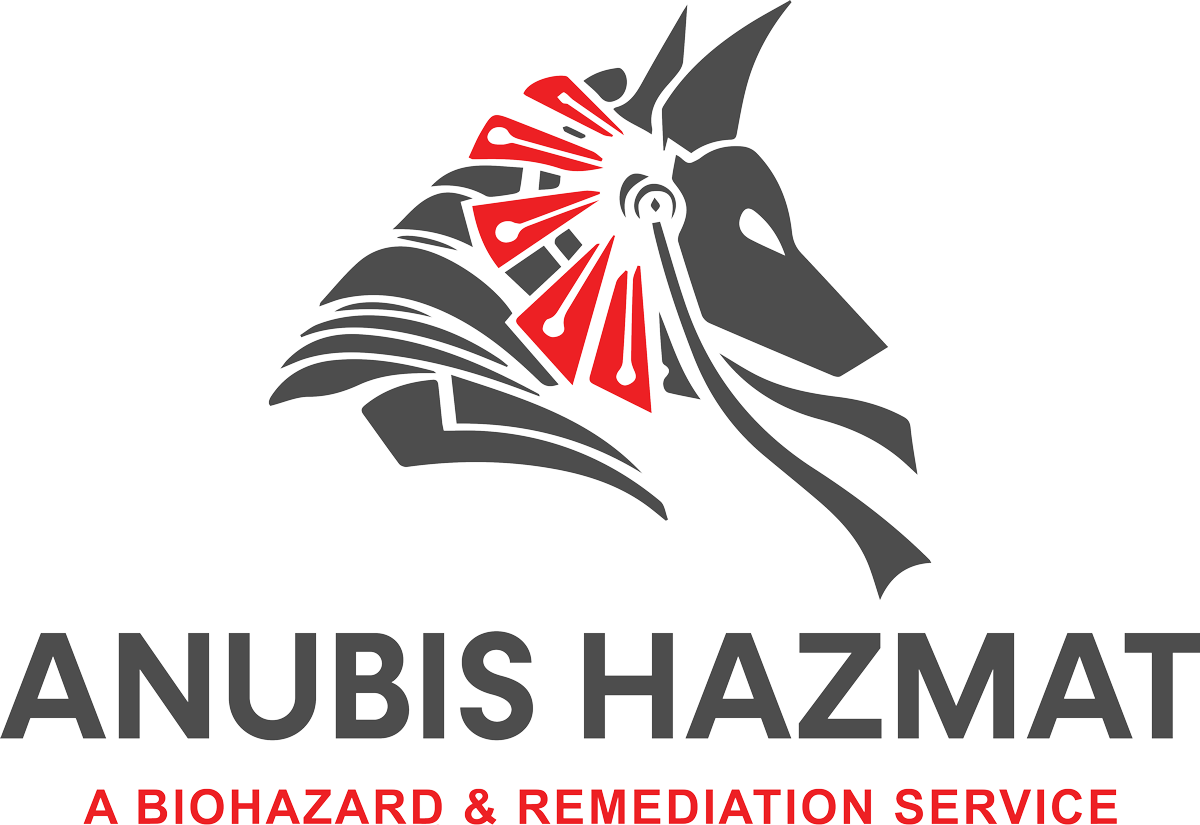The 4 Levels Of Biohazards And What They Entail
According to the Center For Disease Control (CDC), there are four levels of biohazards. A biohazard is a risk that arises from biological work, usually revolving around microorganisms, that can affect human health or the environment. The reason it is important to understand biohazard is the fact that biohazard waste, such as blood, needs to be addressed properly. It is also for entities to understand the possible biohazard dangers of a particular line of work, ensuring proper safety procedures and equipment are implemented to keep people and the environment safe.
That said, let's talk about the four levels of biohazards and what they entail at each level:
Biohazard Level 1
Level one is the lowest level of biosafety and applies to agents that pose a minimal threat. Examples of these agents include E. Coli, Bacillus Subtilis, and the like. This threat also does not require specialty containment equipment, and even the labs do not require to be completely isolated from a building.
Under level one, standard microbiology practices are usually enough to keep the place safe and successfully contain the organisms. These practices can include anything from housekeeping to the careful handling of substances.
Biohazard Level 2
Level two is the second-lowest level of biohazard containment, and as such, it is important for entities to understand what makes a level two biohazard different from a level one biohazard.
Under level two, the containment protocols and practices are usually stricter than under level one, and more specialized equipment is required to safely contain and handle the level two biohazard. This can include the use of biological safety cabinets and other advanced biohazard containment equipment.
Level two biohazards can also require additional training, depending on the type of work being done. For instance, research involving level two biohazards in the life sciences field may require a special reference materials license. Moreover, the facilities housing these agents may need to be completely isolated.
Biohazard Level 3
Biohazard level three is the third-lowest level of biohazard containment, and as such, agents are considered to be serious risks. Level three biohazards include HIV, Ebola, and the like.
Under level three, entities working with level three biohazards need to employ strict biohazard containment practices and are required to strictly follow the Containment Level 3 Standard Operating Procedures. The SOPs outline the methods and practices that need to be followed to keep biohazard levels of this type contained.
Level three biohazards also require the use of specialized equipment. This equipment covers the entire spectrum, including air filters, negative airflow rooms, safety cabinets, and the like. Entities working on level three biohazards will usually have to pass a review before they can work with these viruses and will also have to diligently follow the facility's biohazard safety protocol.
Biohazard Level 4
Level four is the highest level of biohazard containment, and as such, it is the most dangerous. Depending on the nature of the agent, level four biohazards can include weapons-grade biohazards and the like.
Under level four, the highest biohazard safety protocols need to be followed. Entities have to follow the SOPs outlined by the CDC, and entities also have to pass a review by a facility's BSL-4 committee before they can begin work. Specialized equipment is also mandatory, including full-body suits, air-purifying respirators, and the like.
Conclusion
When it comes to biohazards, it is important for entities to understand what could classify as a biohazard in their line of work. If you are unsure of whether or not you are dealing with a biohazard, make sure to talk to an expert. Also, if you do run into a biohazard problem and need immediate remedial and clean-up, hire the professionals to do the job for you. Expert knowledge and specialized equipment are required to deal with biohazards, so it would be sound for you to reach out to the expert for help if you need it.
Anubis Hazmat offers biohazard and remediation services to help with ensuring clean-ups are quick, safe, and effective. If you are in need of biohazard clean-ups in Florida, get in touch with us today!

